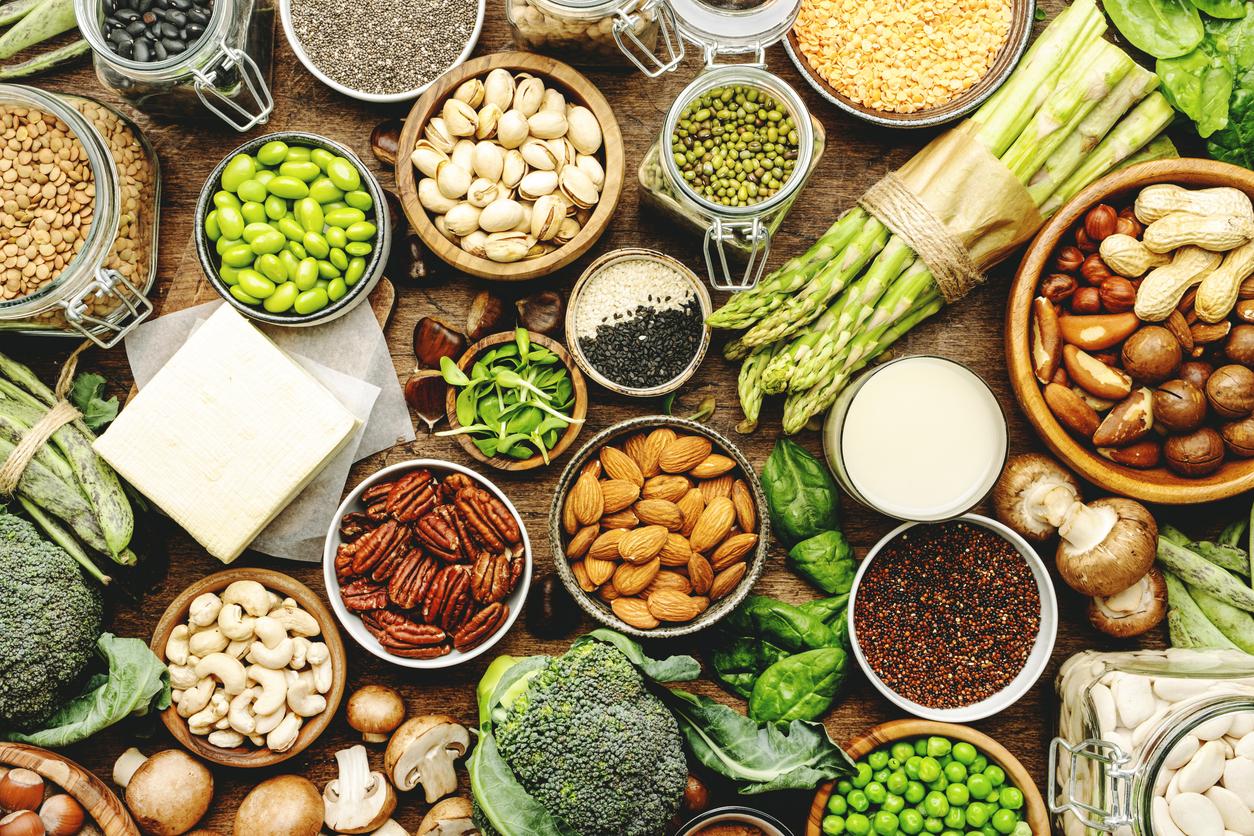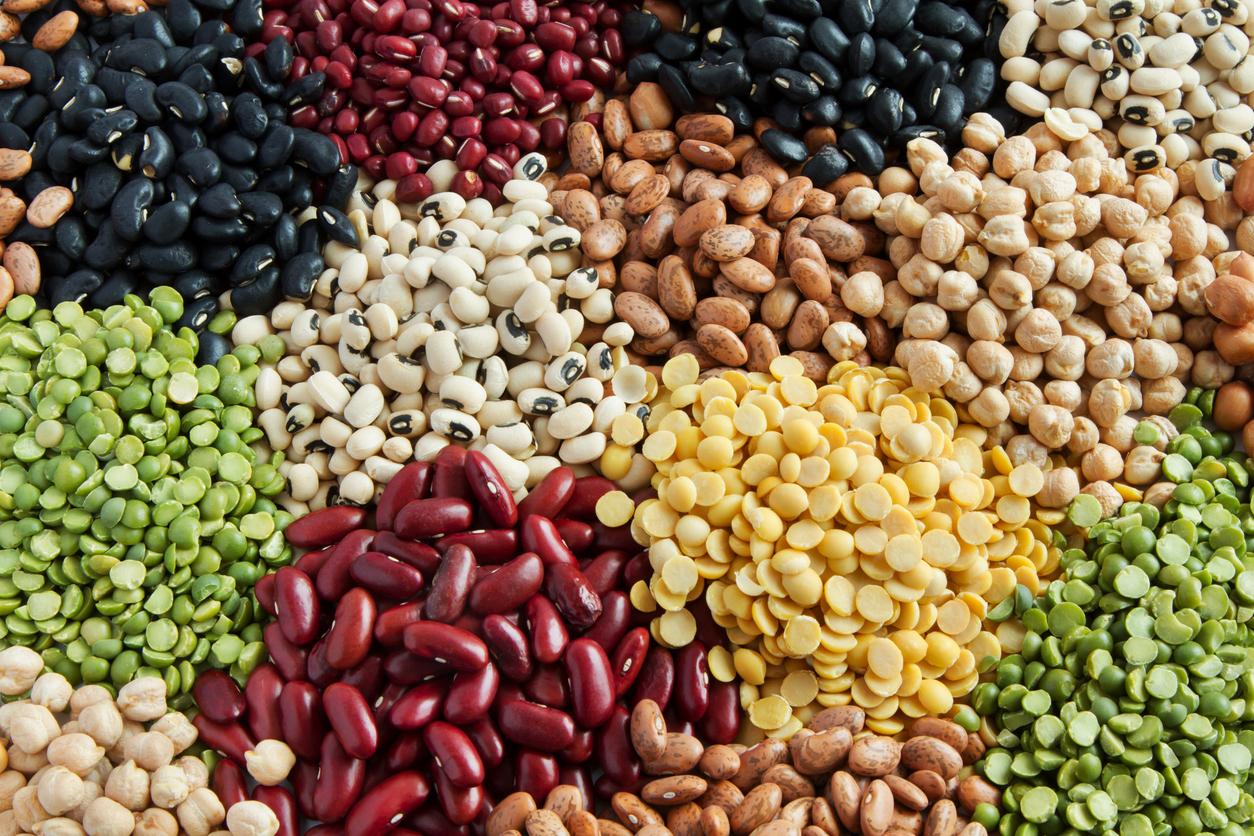People who follow a vegetarian diet have higher depression scores than people who eat meat.

- This is an observational study and not causal, so it does not confirm that adopting a vegetarian diet makes you more depressed.
- Depression would push people to pay more attention to their health and therefore to adopt a diet less rich in meat.
Vegetarians are said to be in better physical health than people who follow an omnivorous diet. A meta-analysis assures that vegetarians have higher depression scores than people who eat meat. These results were presented on July 31 in the Journal of Affective Disorders.
No proven causal link
The researchers screened 13 studies for depression scores based on diets. In total, the meta-analysis looked at 49,889 participants, including 8,057 vegetarians and 41,832 non-vegetarians. It is important to note, however, that this is an observational study and not causal, so it does not confirm that adopting a vegetarian diet makes you more depressed.
The authors observed higher depression scores in vegetarian participants compared to omnivores. They add that this link remains to be clarified, in particular that of understanding whether depressed people were already depressed before starting a vegetarian diet or whether this occurred later. A hypothesis put forward, which remains to be demonstrated, is that depression would lead to paying more attention to one’s health and therefore to adopting a diet less rich in meat.
Red meat probably carcinogenic
If these results must be confirmed by in-depth studies, other works have already highlighted the risks associated with the consumption of meat, in particular red. Faced with these various scientific publications, the World Health Organization classified red meat among the foods probably carcinogenic to humans and cold cuts among the foods carcinogenic to humans in 2015. According to the conclusions of the WHO, the higher the consumption of red and/or processed meat, the greater the risk.

.
















